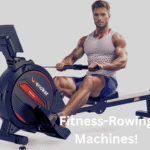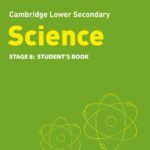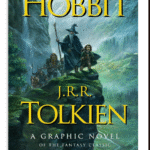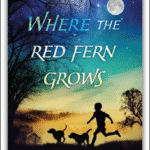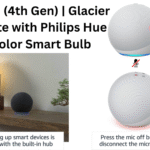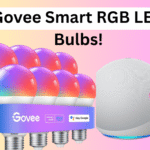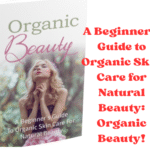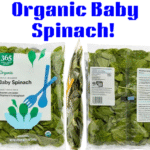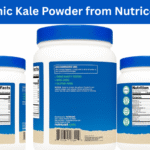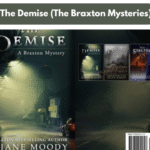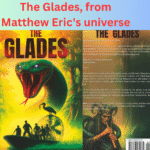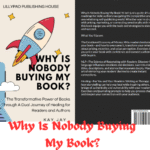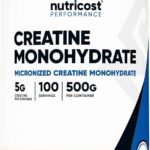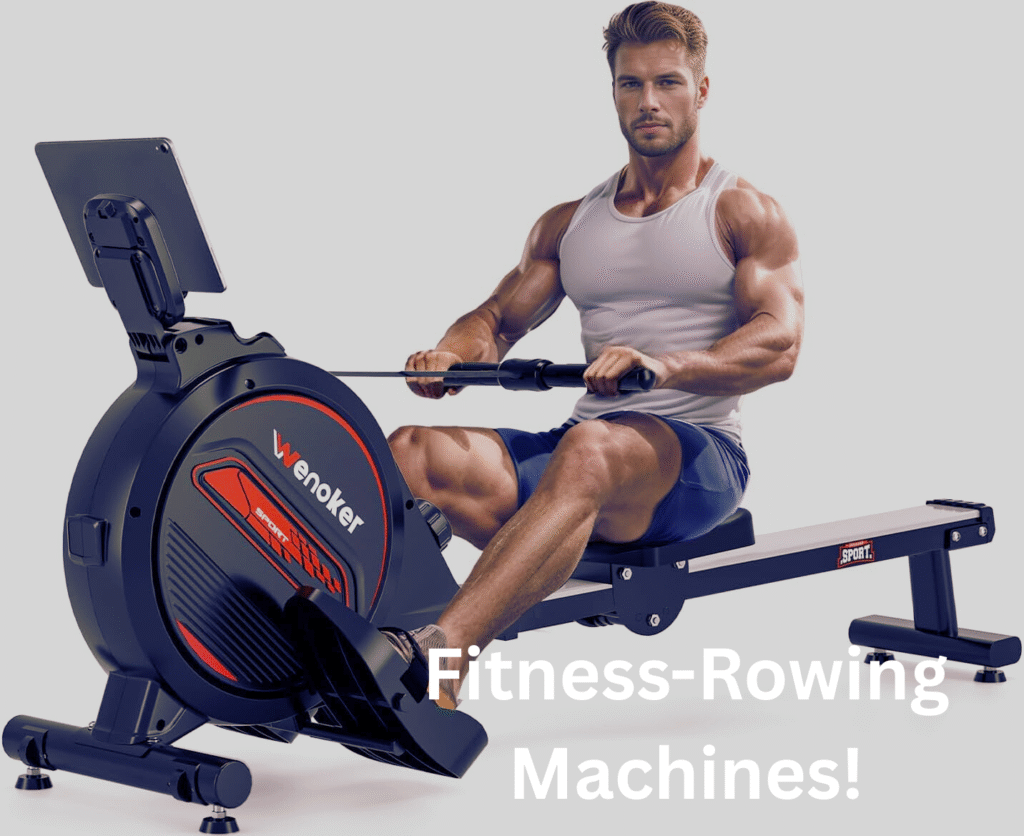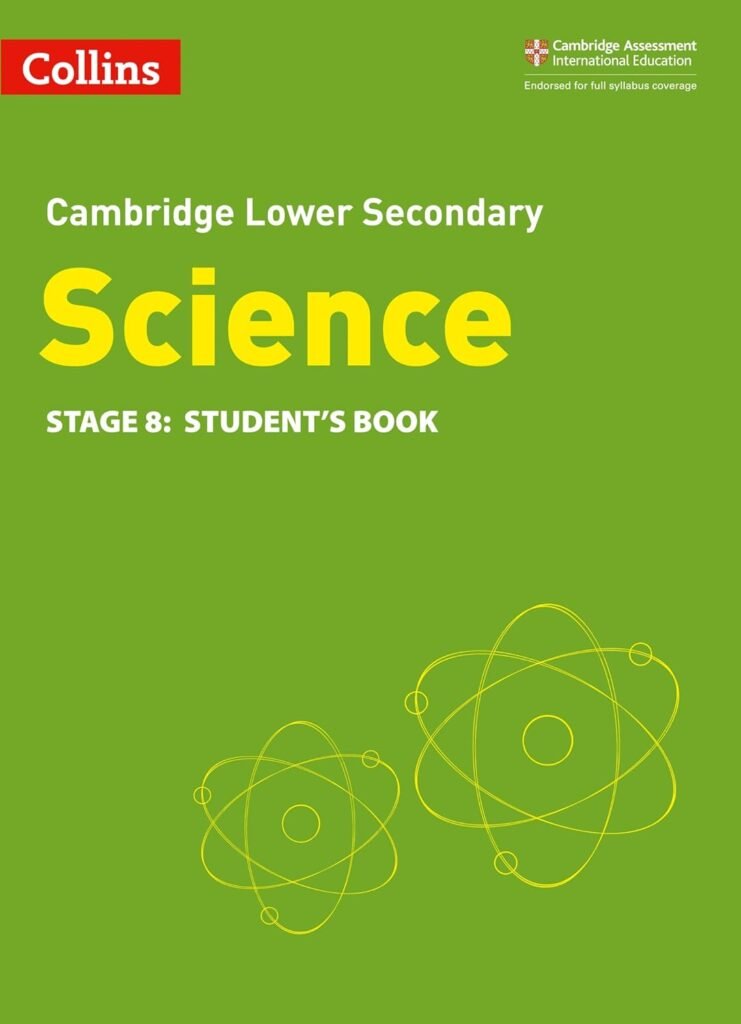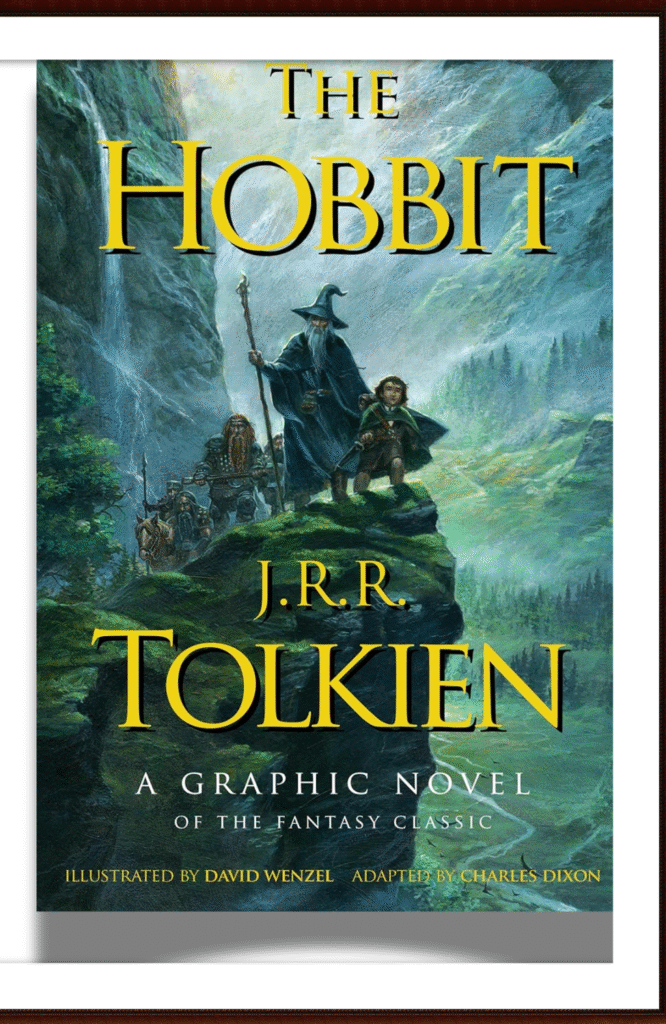Collins Cambridge Lower Secondary Science!

Full (long) product description
Inspire confidence in young scientists with Collins Cambridge Lower Secondary Science — a three-stage course (Stages 7–9) that provides complete coverage of the Cambridge Lower Secondary Science framework (0893). The Student Books explain core concepts clearly and visually, the Workbooks give scaffolded practice and assessment, and the Teacher’s Guides supply lesson structure and practical investigation notes. The scheme emphasises practical work, skill development and exam preparation so students smoothly progress toward IGCSE level study. CollinsGoogle Books
This is the second edition (2021/2022) with updated tasks, progress checks and worked examples — designed for international schools and home educators following Cambridge Lower Secondary. Each Stage contains end-of-topic reviews, differentiated questions (stretch & challenge), progress checklists and feature boxes linking science with real lives and history. Use student books in lessons, workbooks for homework and consolidation, and teacher guides for structured practicals and assessment. Kinokuniya
Step-by-step product description (so you can use the parts separately on a product page)
- Product summary (short):
Clear, curriculum-matched lower secondary course for ages ~11–14 covering Biology, Chemistry & Physics with practical investigations and Thinking & Working Scientifically skills. Collins - Who it’s for:
Middle-school / lower-secondary students preparing for Cambridge Lower Secondary (0893) and teachers/home educators who want scaffolded lessons + practicals. - What’s inside (Student Book):
Concept pages, diagrams, worked examples, key vocabulary boxes, in-chapter practice, end-of-chapter reviews and progress checks to monitor learning. (Stage 8 Student Book ~296 pages; Stage 9 Student Book ~500 pages). KinokuniyaBarnes & Noble - What’s inside (Workbook):
Practice exercises, exam-style questions, practical write-ups and tracking pages for revision and homework (Worksheets paired to Student Book topics). Example: Stage 9 Workbook — 184 pages (2nd ed.). AmazonGoogle Books - Curriculum & endorsement:
Written to cover the Cambridge Lower Secondary Science curriculum framework (0893) and working with Cambridge Assessment to secure endorsement. Great for schools that want a Cambridge-aligned scheme. CollinsWWU Online Bookstore - How to use (classroom):
- Lesson starter: use Student Book lead-in pages.
- Main activity: follow worked examples + teacher practical notes.
- Consolidation: assign workbook pages for homework.
- Assessment: use end-of-chapter reviews and progress checks.
- How to use (home study / tuition):
- Read key concept pages, do workbook exercises, self-mark with provided answers (or teacher guide), and track progress with checklists.
- Key benefits / selling points (bullet):
- Cambridge-aligned syllabus coverage (0893). Collins
- Practical investigations integrated throughout. Google Books
- Differentiated tasks (support & stretch). WWU Online Bookstore
- Clear vocabulary support — helpful for EAL learners. Google Books
- Cambridge-aligned syllabus coverage (0893). Collins
- Formats available:
Student Book (paperback), Workbook (paperback), Teacher’s Guide, and sometimes digital/ebook versions — sold per Stage (7, 8 and 9). Check edition & ISBN before ordering. Collins - Why buy (short USP):
A classroom-ready, Cambridge-aligned course that blends knowledge, practical skills and assessment practice — trusted by international schools and designed to prepare students for progression to IGCSE.
Technical details & sample ISBNs (check edition before ordering)
Note: multiple editions/printings exist — always confirm the edition on your supplier page before listing or shipping.
- Stage 7 — Student Book / Workbook (2nd edition): example ISBNs available (workbook ISBN 9780008364311). KinoKuniya UAE
- Stage 8 — Student Book (2nd ed.): ISBN-13: 9780008364267 (paperback, pub. July 2021; ~296 pages). Kinokuniya
- Stage 9 — Student Book (2nd ed.): ISBN-13: 9780008364274 (paperback, 2021; ~500 pages). ISBN SearchBarnes & Noble
- Stage 9 — Workbook (2nd ed.): example ISBN 9780008364335 (published July 22, 2021). Amazon
Allow students to take ownership of their learning with self-assessment questions and progress checklists throughout Support students in their language needs with all key words clearly defined on the relevant page in the student bookCheck understanding, consolidate learning, and prepare for assessment with end of chapter and end of stage reviews Challenge and stretch your students with differentiated questions for each topicGet students engaged with our feature boxes looking at the history, development, application, and impact of science around the world as well as the people involved Help your students to build We are working with Cambridge Assessment International Education towards endorsement of this title.


